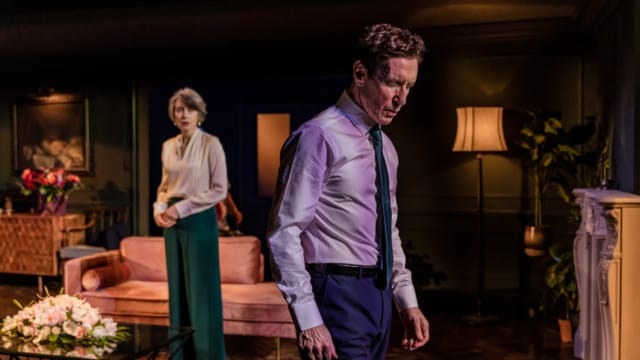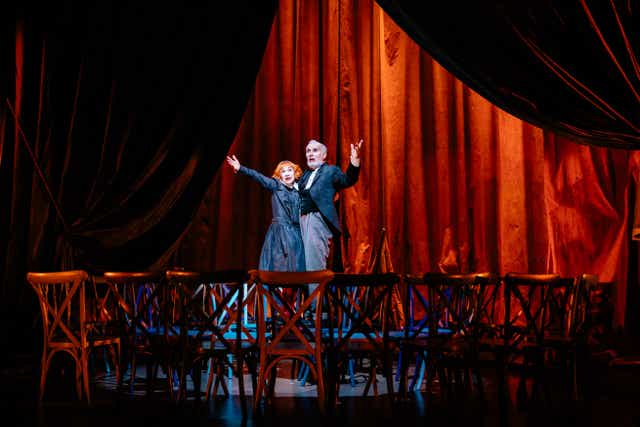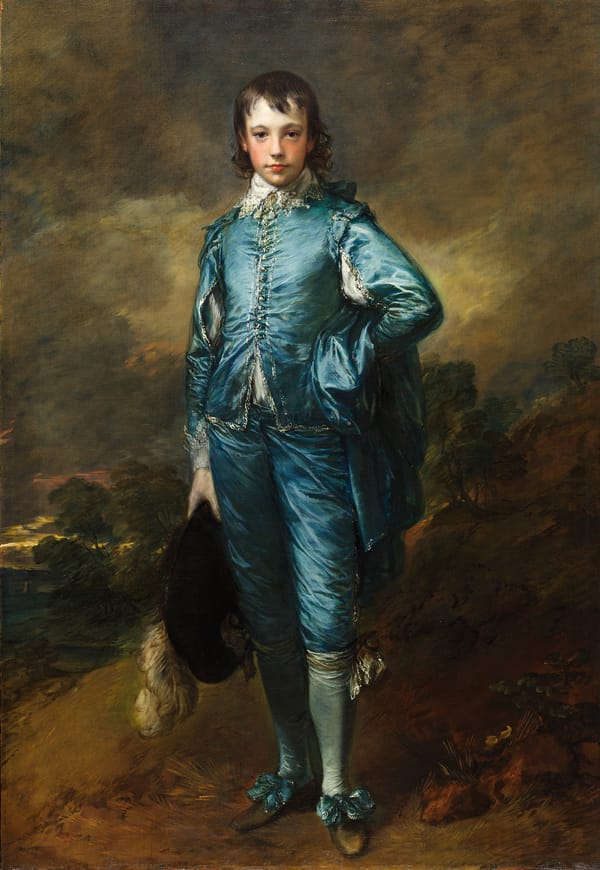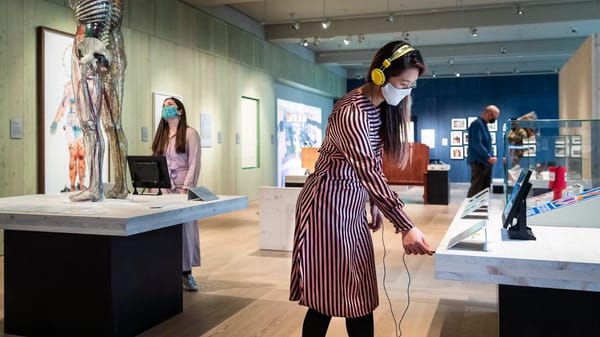The Forest Review
After writing and directing an Oscar winning adaption of his play The Father, Florian Zeller returns to his theatrical roots with a new play premiering at the Hampstead Theatre.

The Forest
★★★★
- What: Drama
- Where: Hampstead Theatre
- When: Until March 12th
- Cost: From £15
After writing and directing an Oscar winning adaption of his play The Father, Florian Zeller returns to his theatrical roots with a new play premiering at the Hampstead Theatre. As with his other offerings, The Forest is a compelling psychodrama exploring the breakdown of a family dynamic. In The Son it was divorce, in The Father it was dementia, now it is infidelity that drives a nameless doctor further into a web of lies as he becomes entangled in an increasingly fraught affair behind his wife’s back.
Perhaps more so than his other plays, The Forest pushes the medium of theatre to its limit. Zeller and director Jonathan Kent pepper surreal elements throughout the play that could have been lifted from a David Lynch film. Some scenes are mirrored, repeating themselves but making slight adjustmentsin dialogue or character to make the audience question what is real. Images and symbols double, again repeating with slight adjustments to add to the eeriness. The appearance of a nameless “man in black” is pure Lynchian menace. Played by Finbar Lynch (probably of no relation to David Lynch), he appears as a manifestation of the protagonist’s unspeakable guilt, constantly haunting and terrorising his psyche. He even retroactively inserts himself into past scenes through the play’s brilliantly jumbled chronology. Zeller treats hisaudience as psychoanalysts; the play is sitting on our couch in need of analysis. We are not passively watching, but rather actively joining the dots to map out the tragedy and the subtle terror as the play unravels. Only theatre can achieve this, when you are in the room face to face with the drama. What results is a lingering sense of menace creeping in the background of each scene that slowly culminates in a grisly finale.
Zeller and Kent play with theatricality by also splitting the nameless protagonist into two parts played by Toby Stephens and Paul McCann. The decision keeps the audience on its toes and makes their descent into a cerebral abyss more captivating. But it is Gina McKee as the nameless protagonist’s wife who steals the show. Her performance is deeply layer with Pinteresque tension, never revealing whether her character knows about her husband’s infidelity. Talking of Pinter, there is no better place to pay homage to the Nobel prize winning playwright with her elongated silence (a “Pinter pause”) in the final scene than the Hampstead Theatre where many of his plays premiered. Pinter himself decaled that there was a “torrent of language” in each of his silences. The same can very much be said for Zeller.









